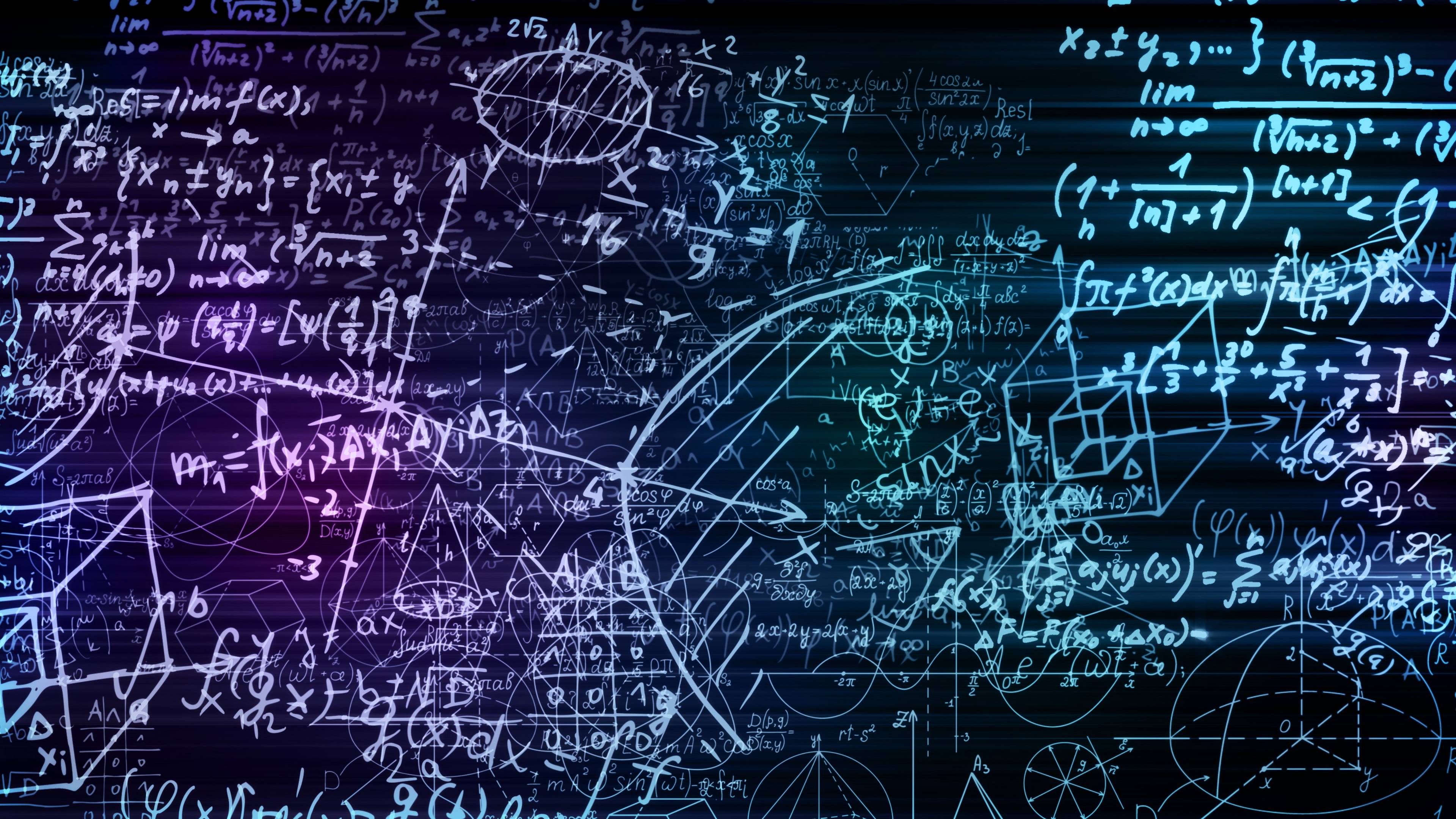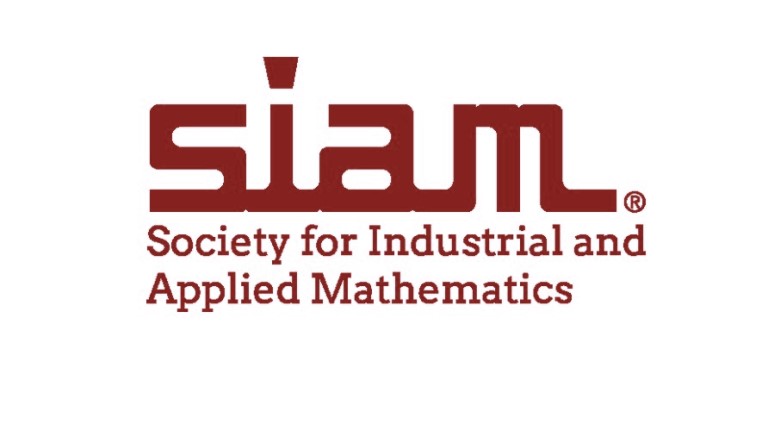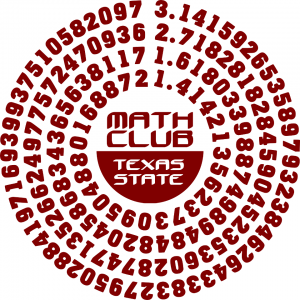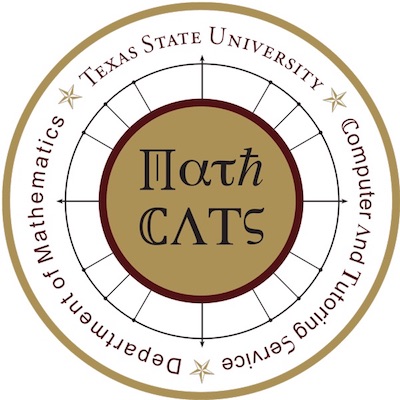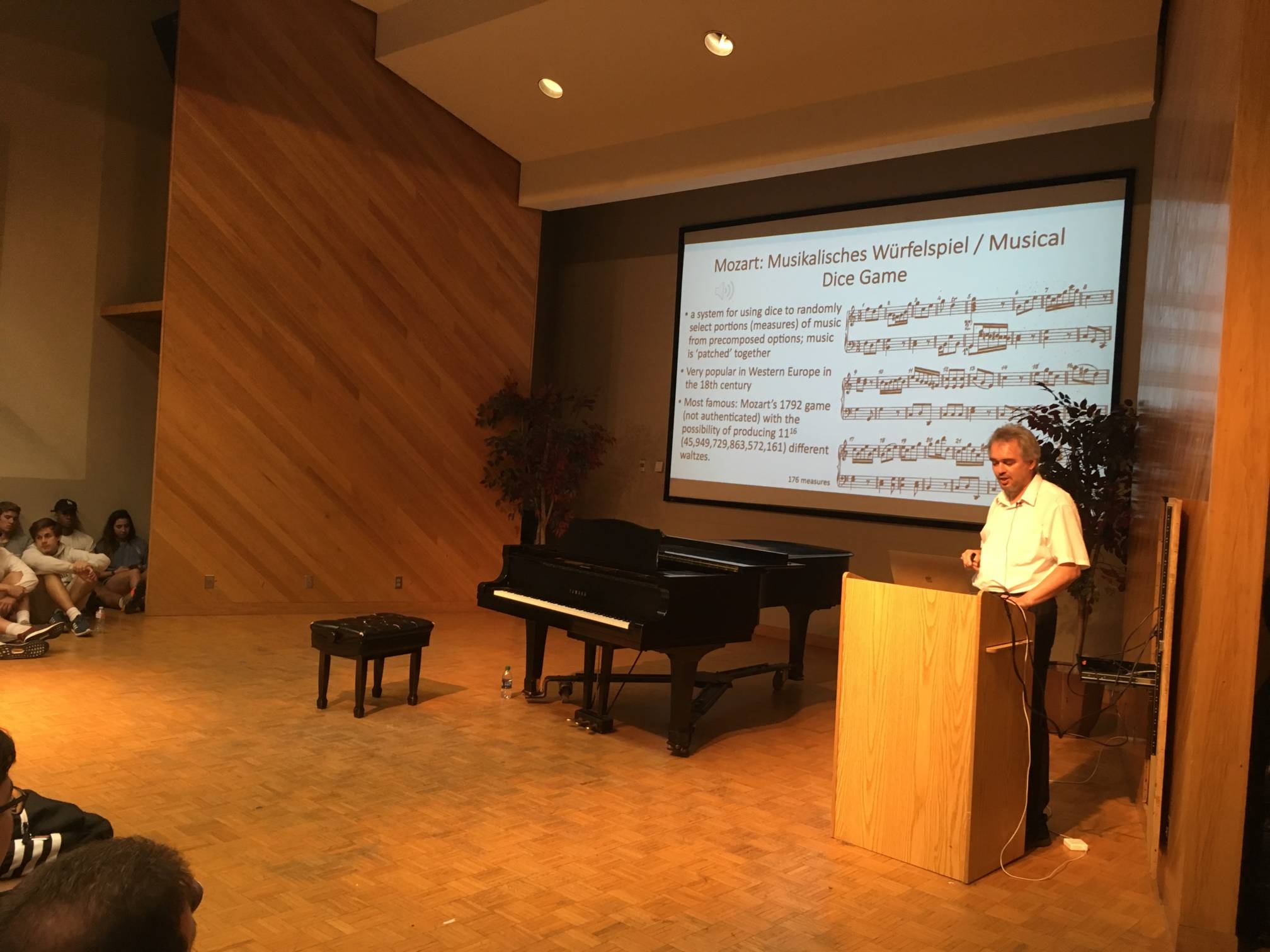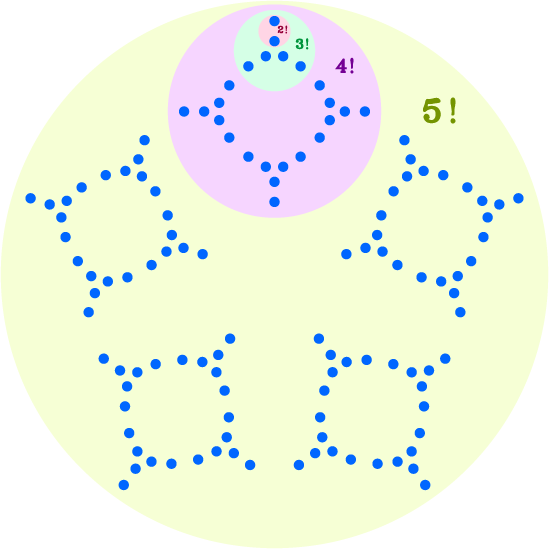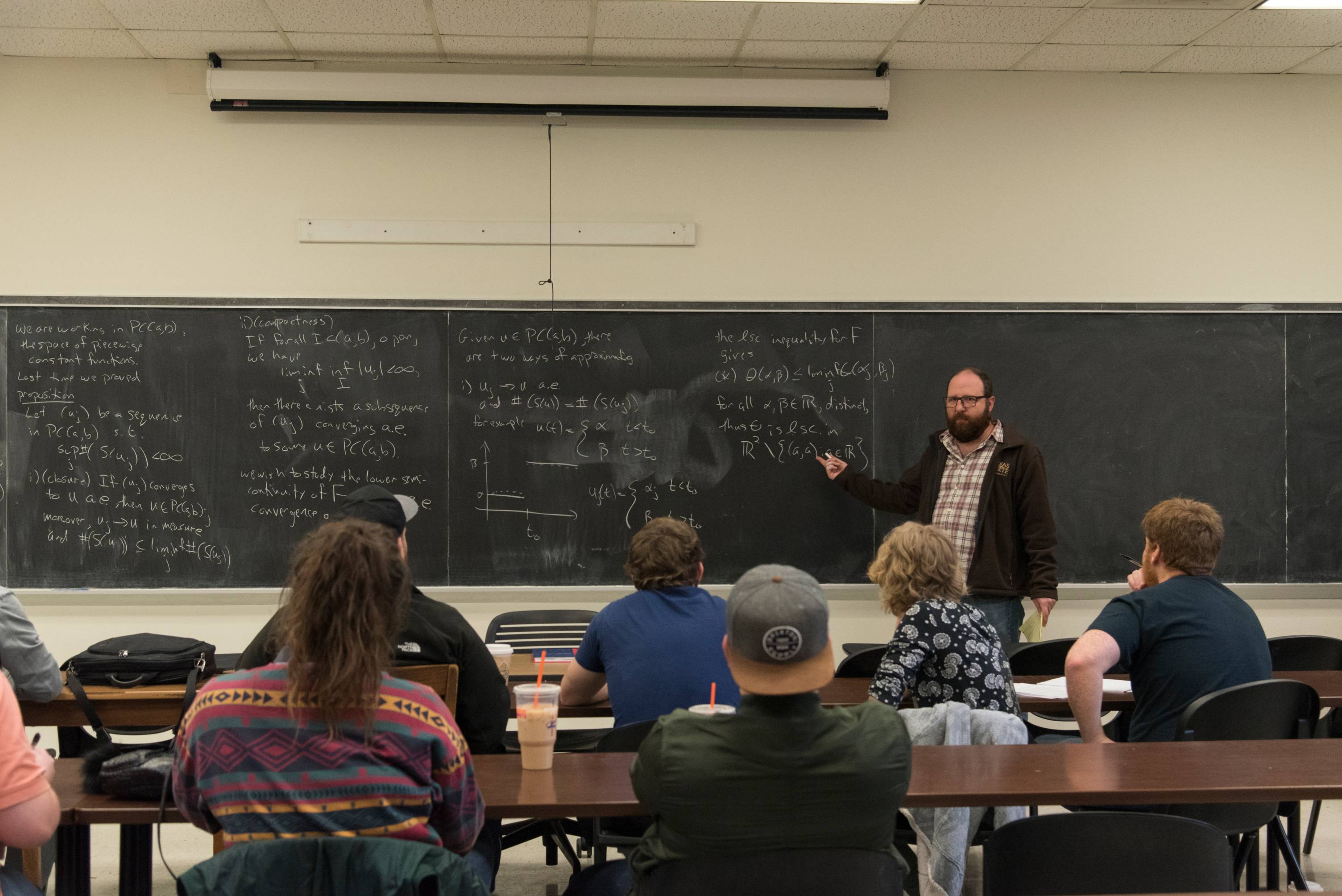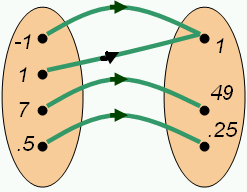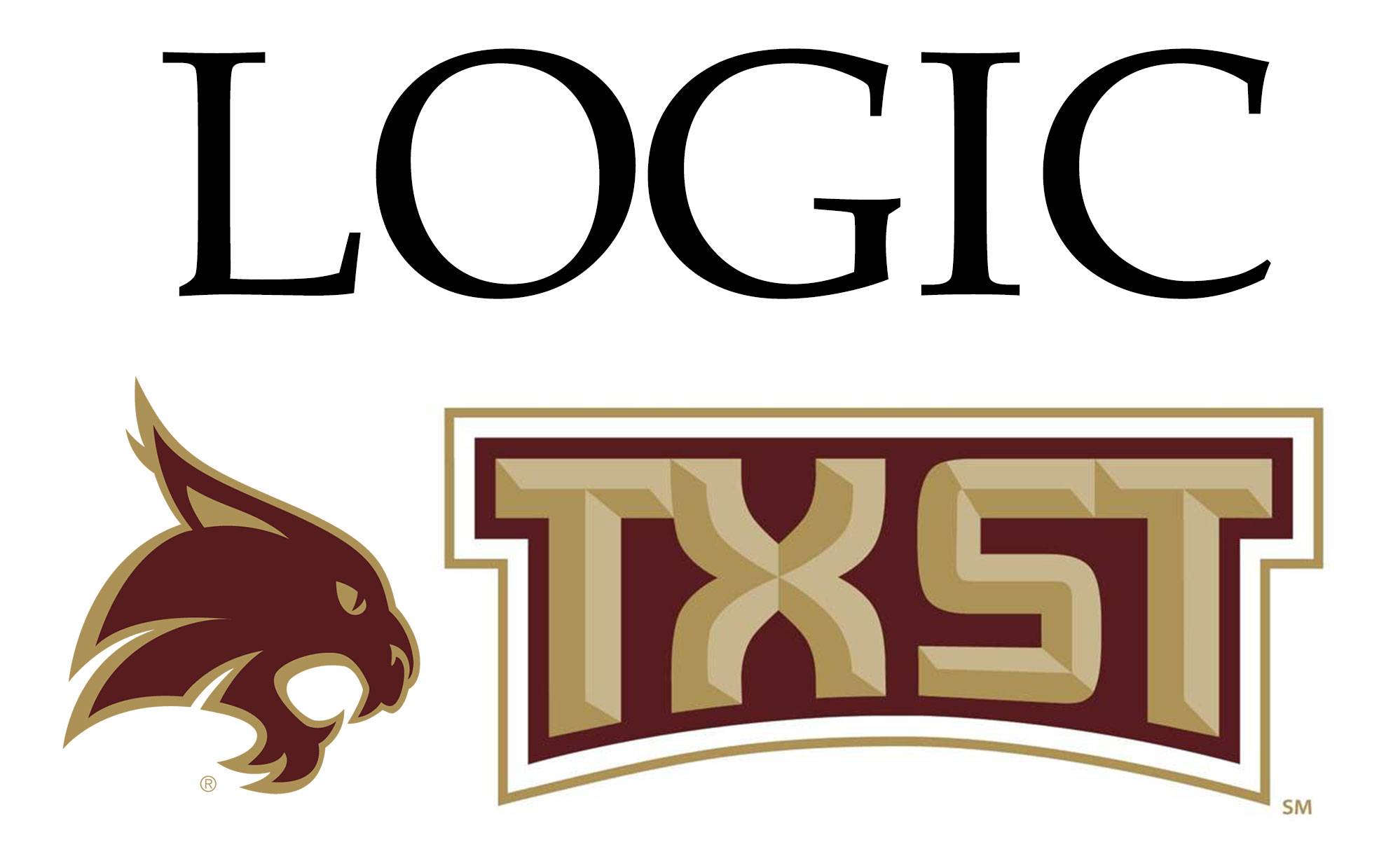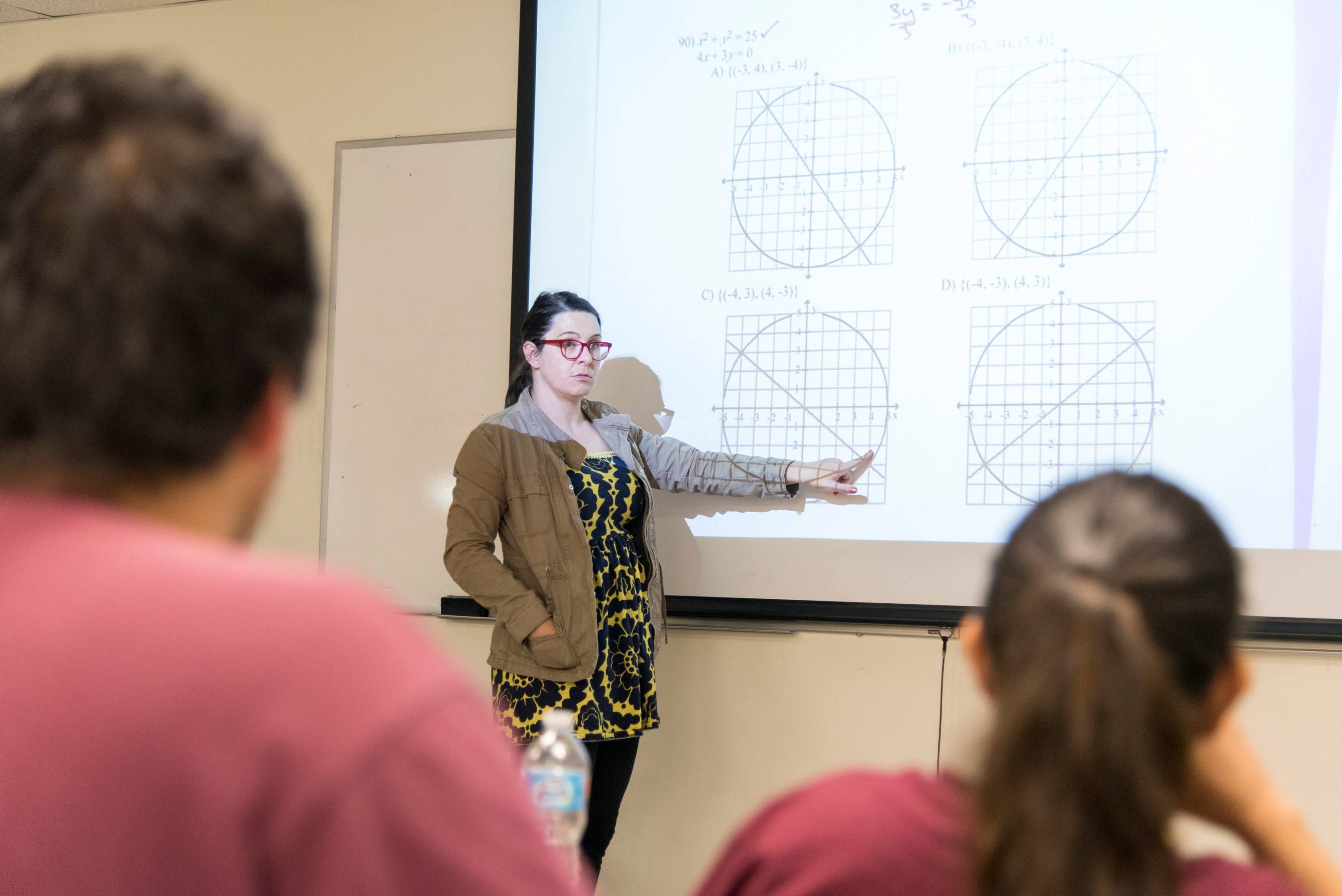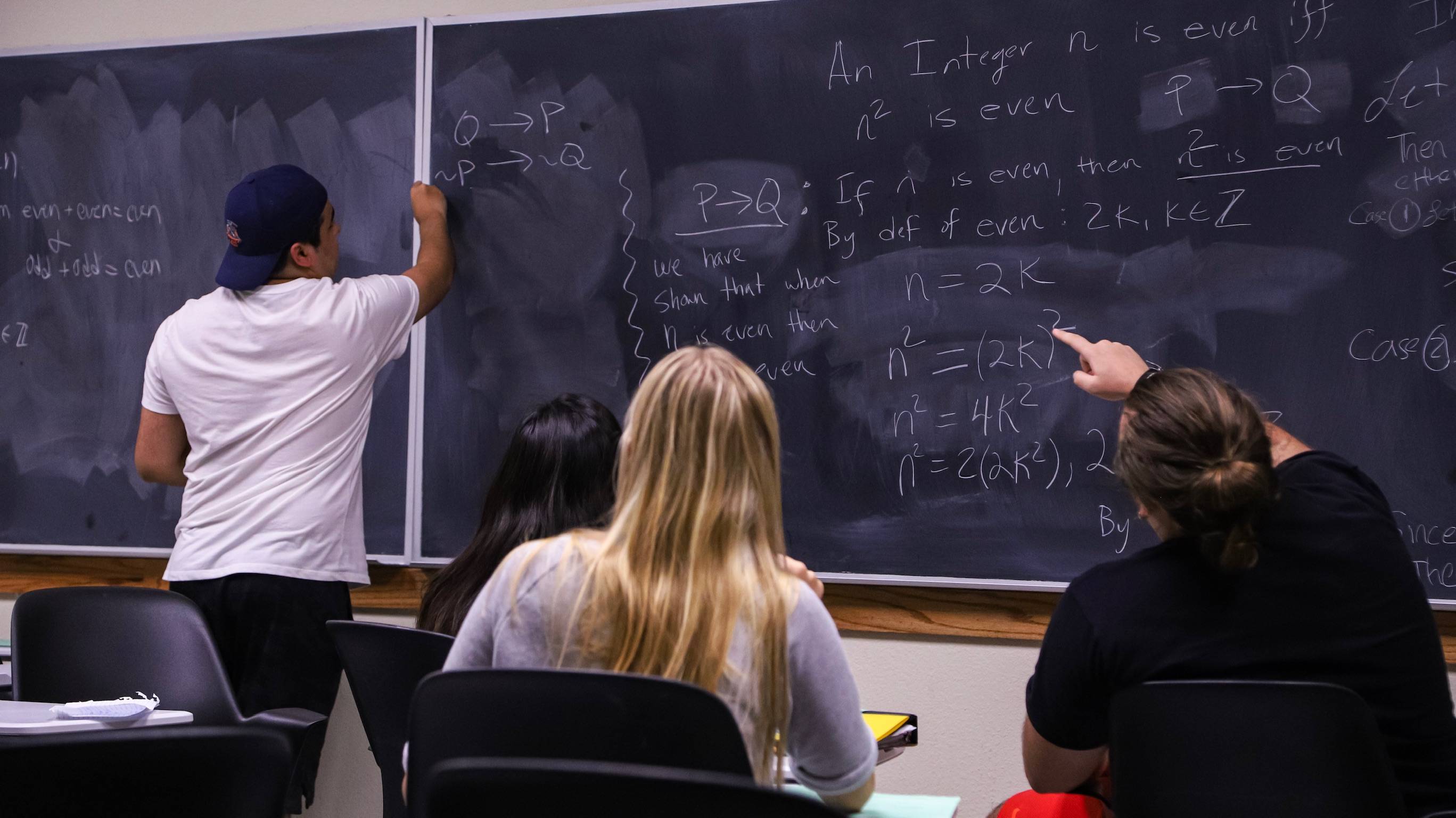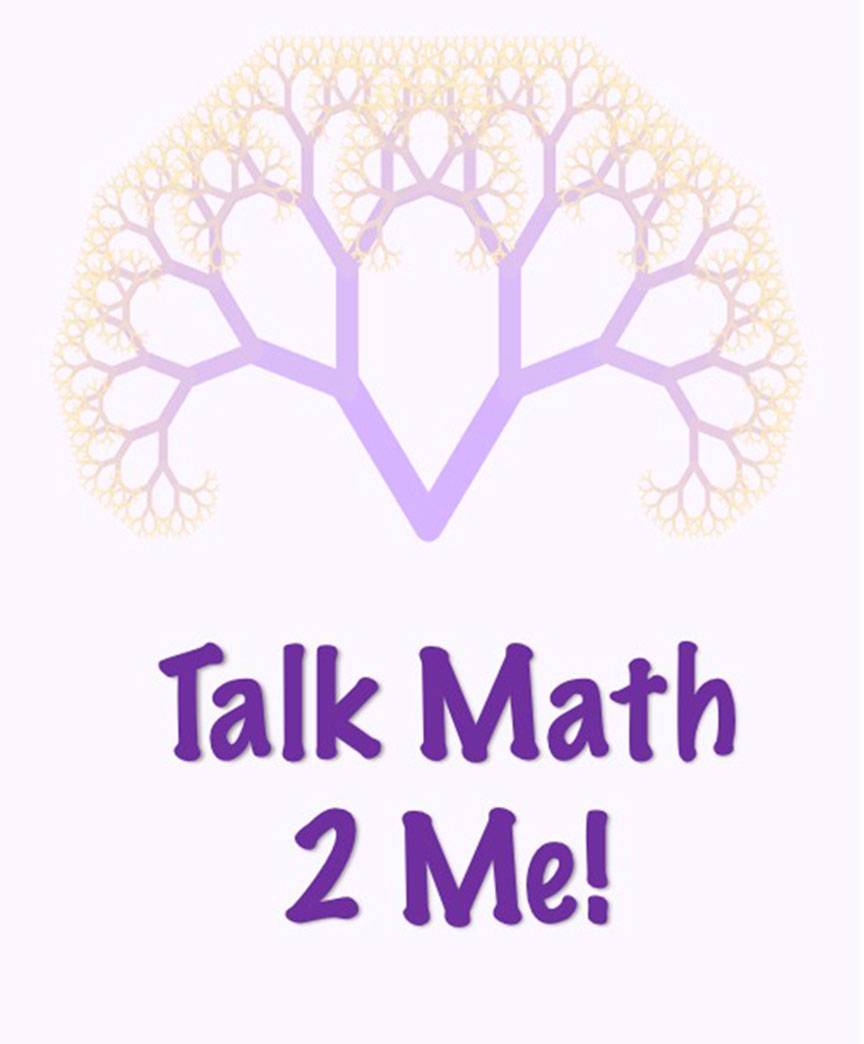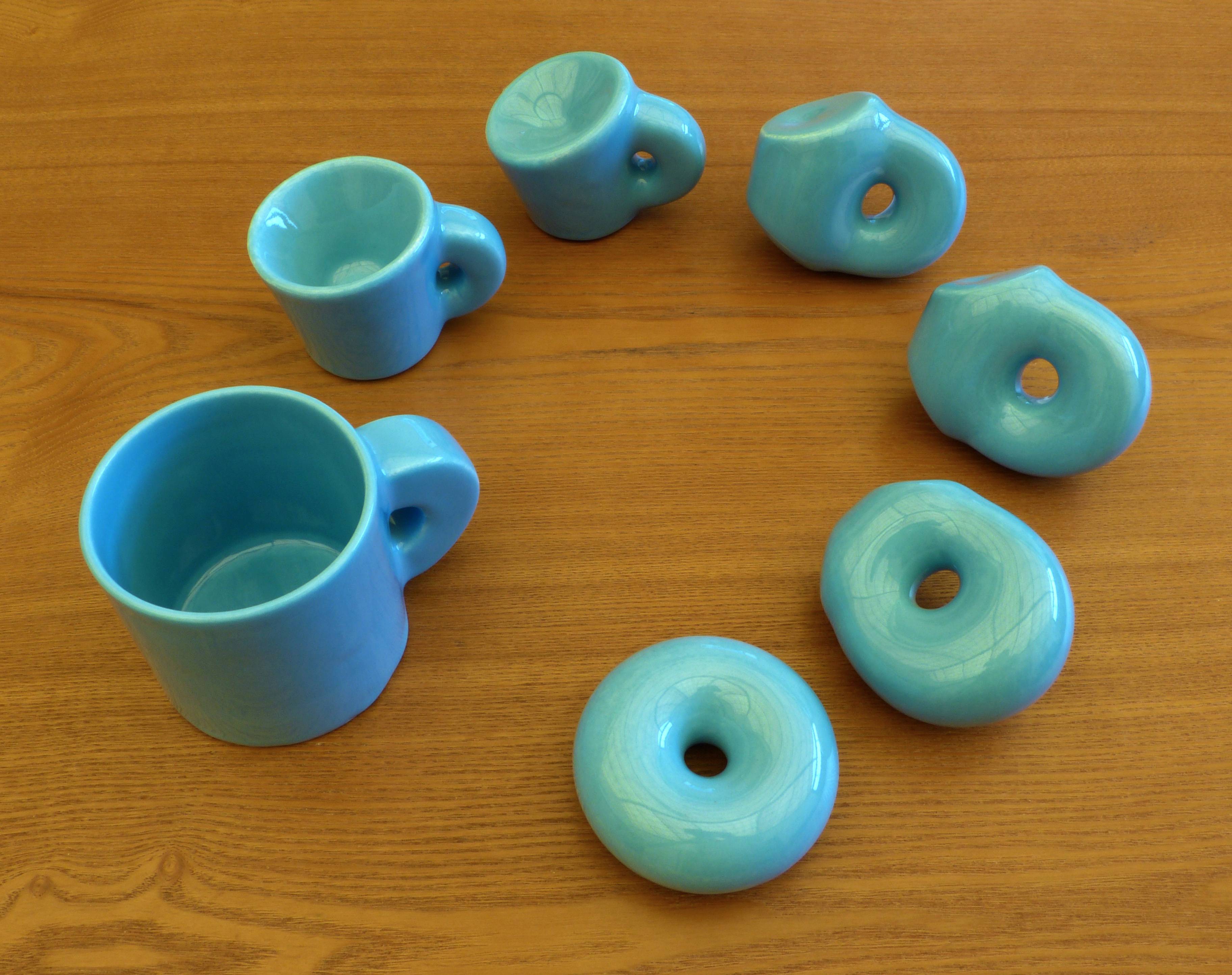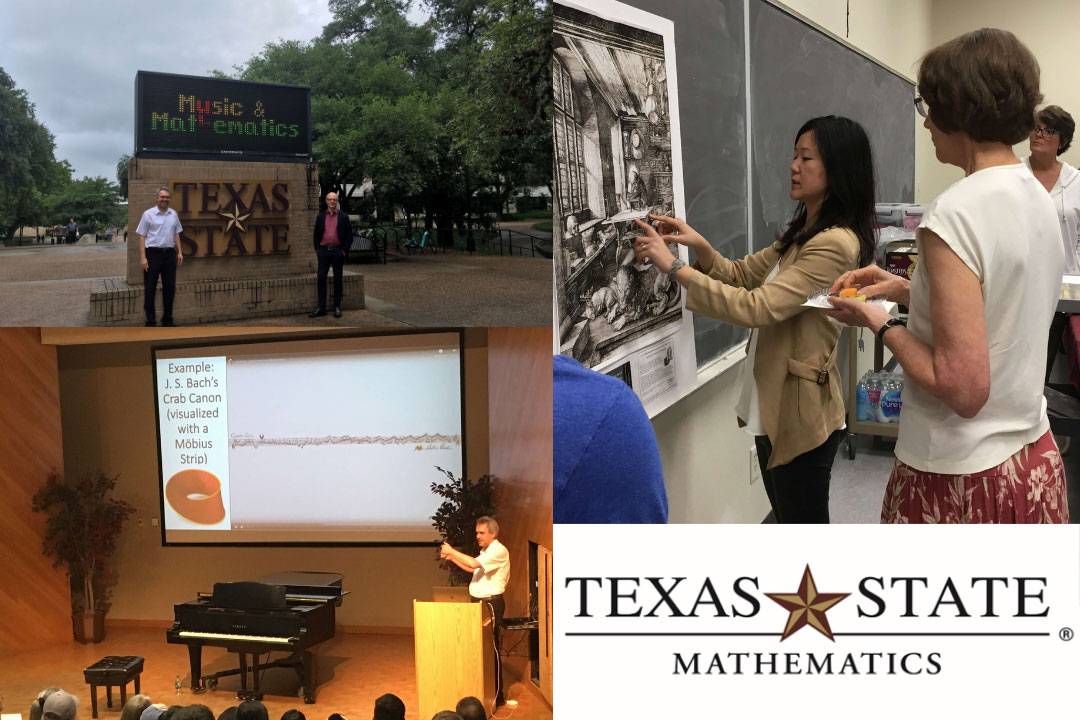All faculty, graduate students, and upper level undergraduate students are welcome. The seminar will provide a platform for faculty and students to present their research developments in discrete mathematics and related areas, foster research interactions among faculty and students, and create research opportunities and collaborations for faculty and students. Speakers from Discrete Mathematics, Combinatorics, Computer Science, and other related areas are all welcome. We are particularly interested in interdisciplinary research which applies mathematics as a tool to solve problems in other areas such as CS, BioInformatics, Bio‐sciences, Engineering, Physics, Chemistry, etc.
Organizer: Jian Shen
